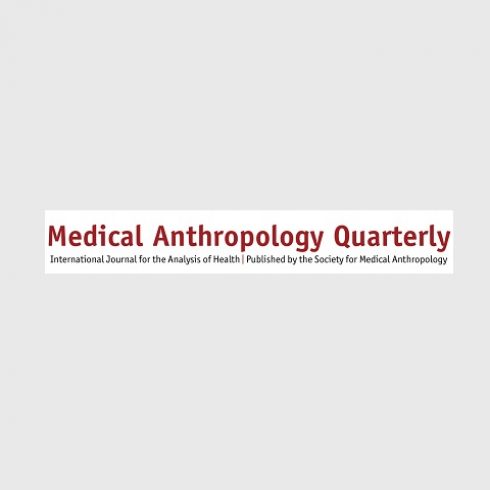Fast Relief
Buying Time with Medications
Nancy Vuckovic
Medical Anthropology Quarterly 1999

Abstract
The experience of time famine in contemporary U.S. culture affects household decisions about self‐care and the use of pharmaceuticals for selfmedication. This article examines the manner in which time demands shape lay interpretations of medicine efficacy and drive increases in medication use for adults as well as children. Medicines, like other time‐saving commodities, appear to shift the time‐power differential in favor of individuals, placing them in control of how time is spent. When there is “no time to be sick,”allopathic medicines become time‐saving devices that enable women to fulfill responsibilities at work or home while they attend to sick children or to being ill themselves. Medicines are used to beat the clock by increasing one’s own capacity to be productive, [self‐medication, domestic health care, United States, time]
 Share
Share






Commentary
The latest commentary on the use of antimicrobials in society.
Welcome to the AMIS Hub!
The story of ‘How do we get patients to stop demanding antibiotics?' to where we are now.
Submissions to the AMIS Hub
Are you a social scientist who is working in antimicrobial resistance (AMR)?
Social Science and AMR Research Symposium: Event
The AMIS Programme hosted a work-in-progress symposium and networking event on 10 September 2018, at the British Academy.